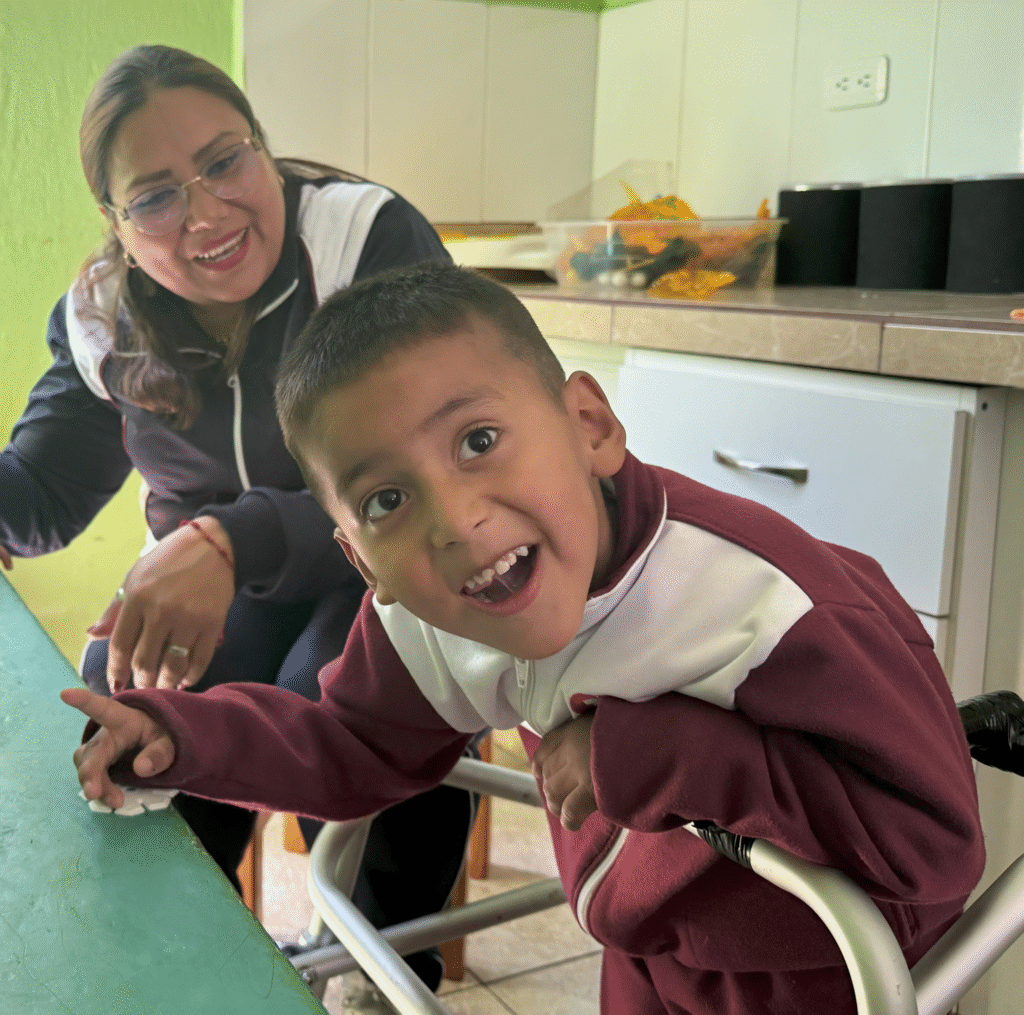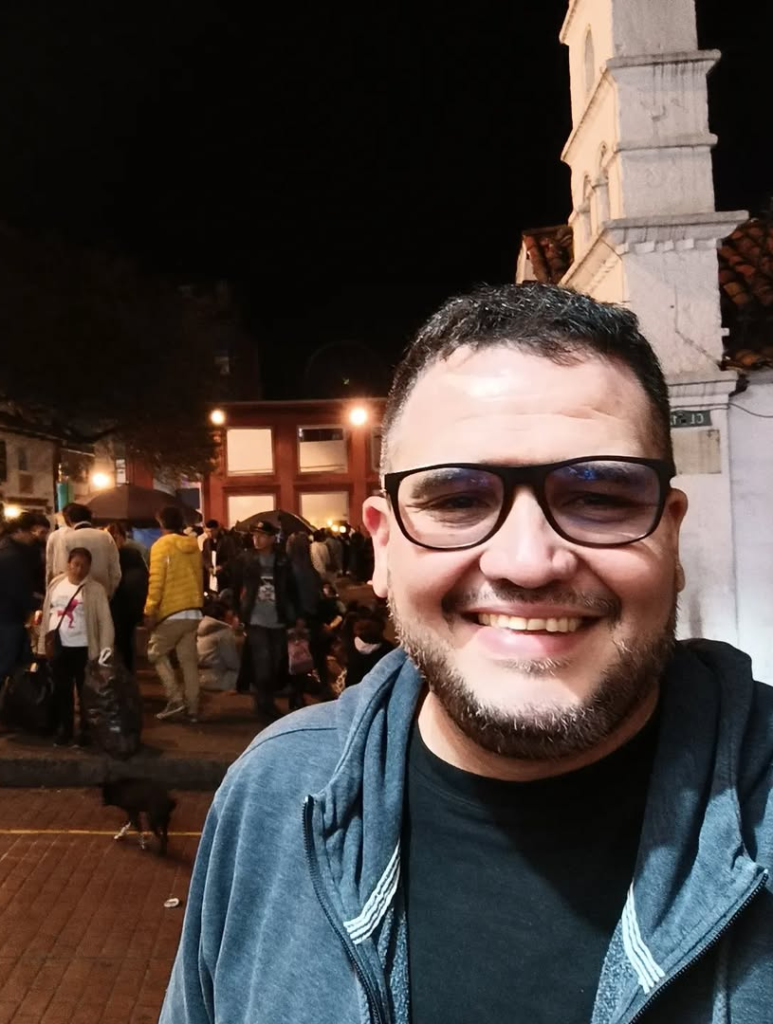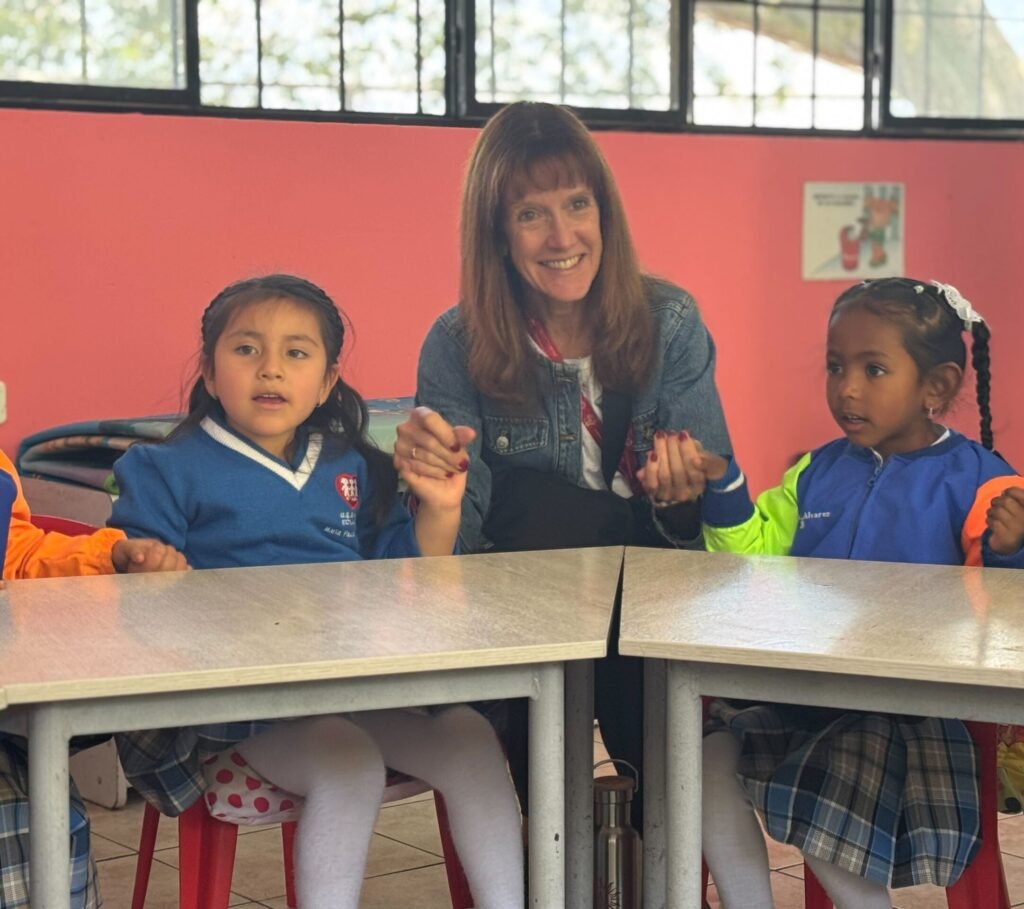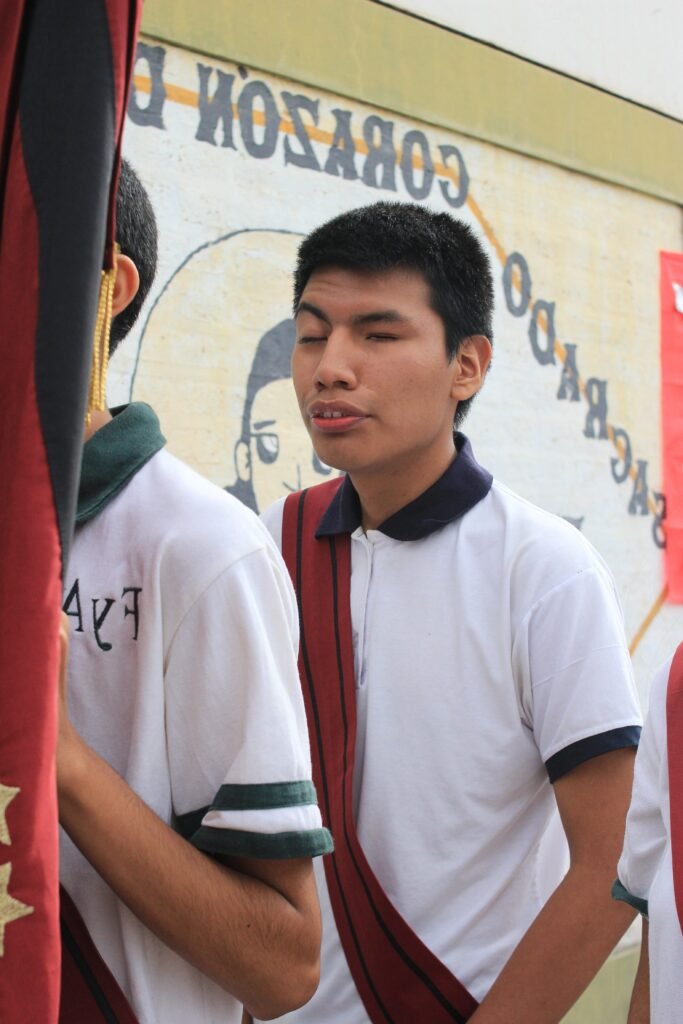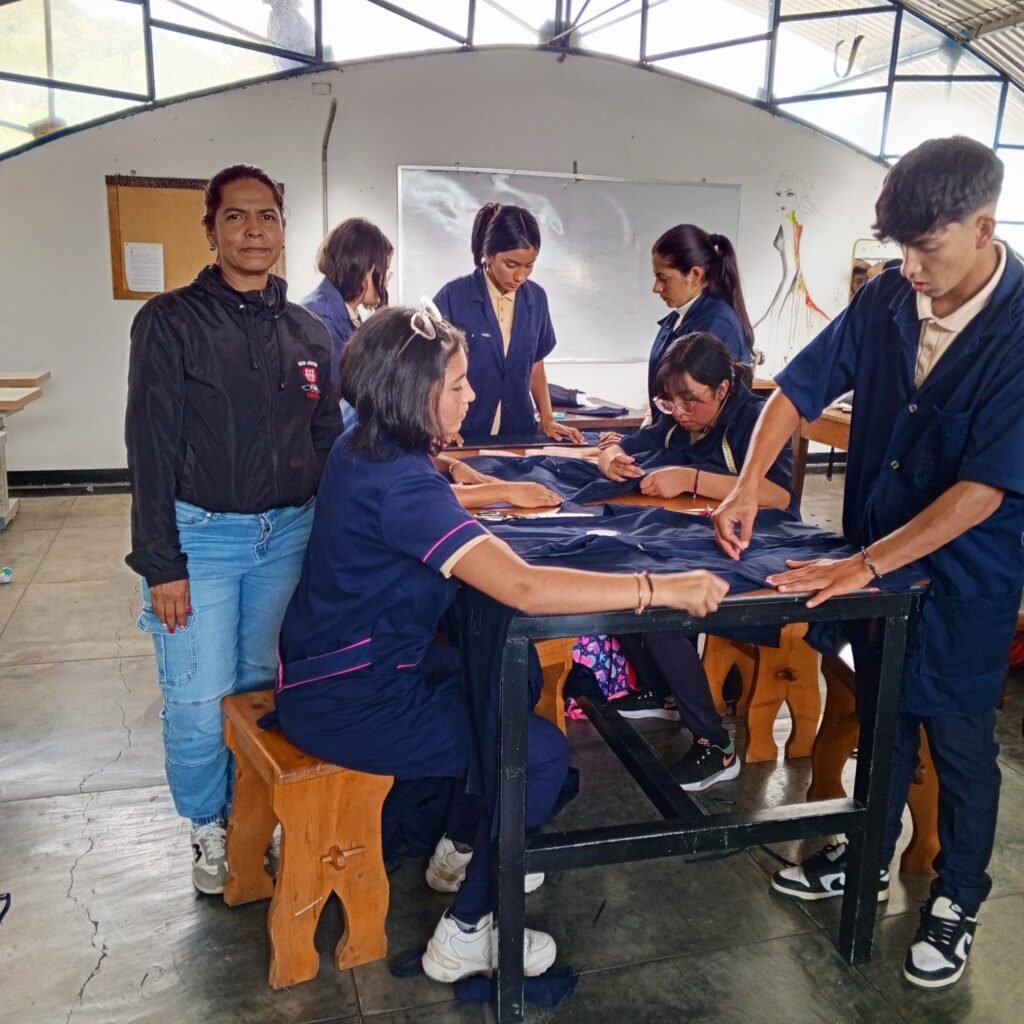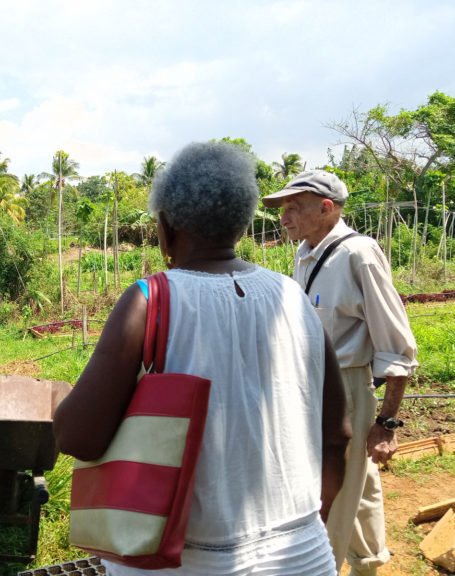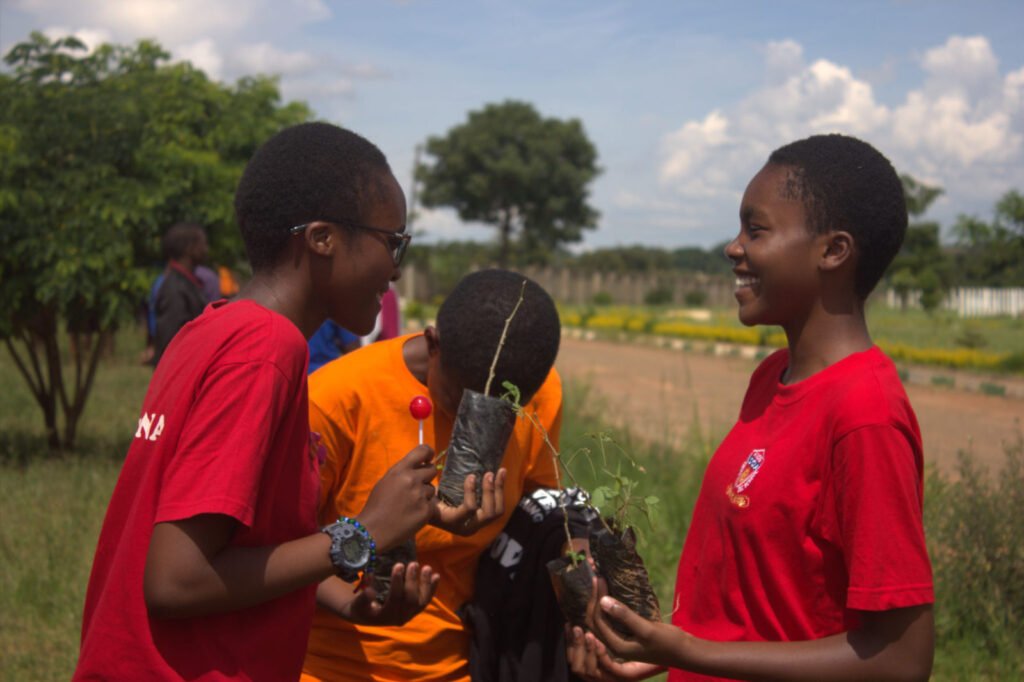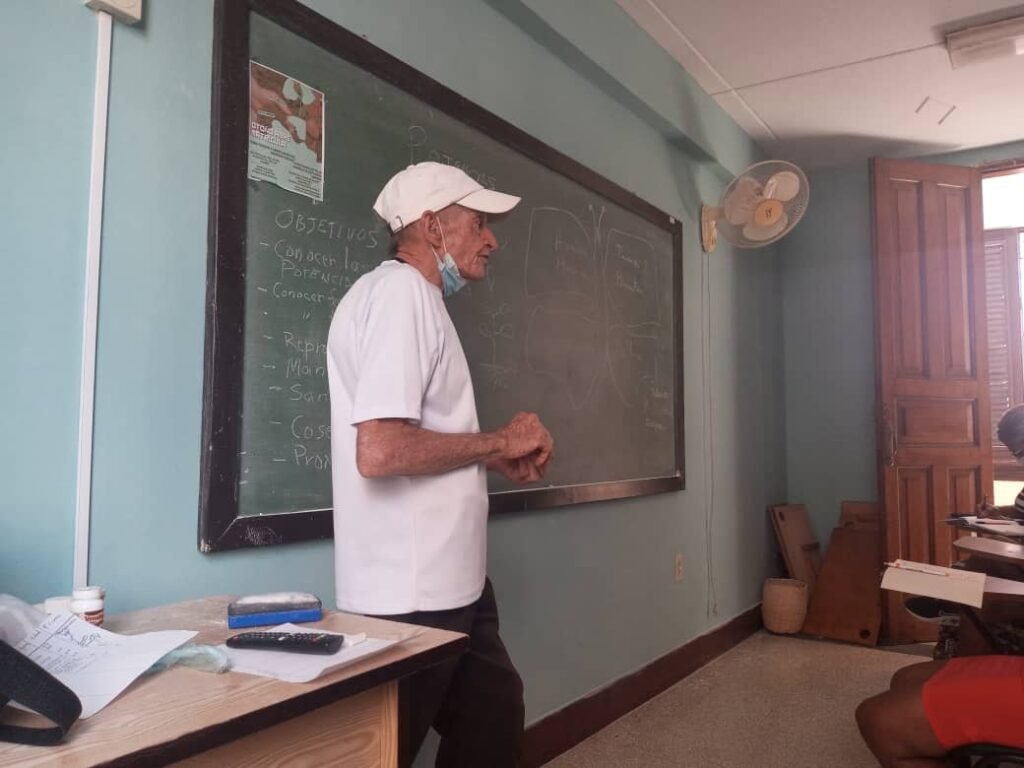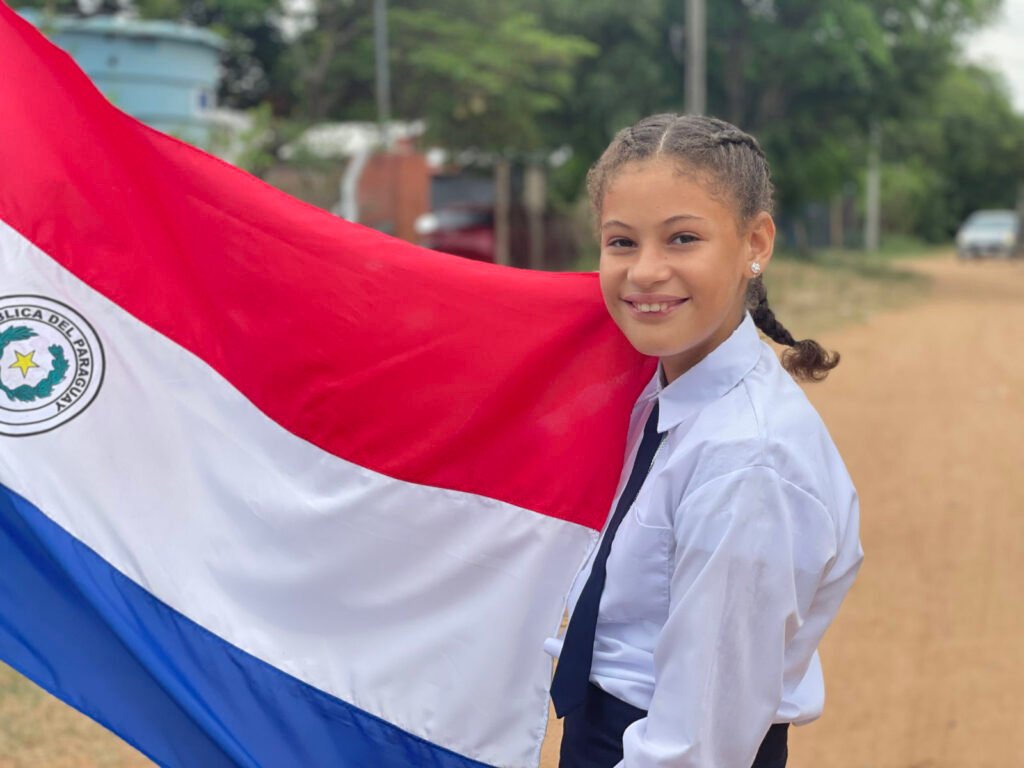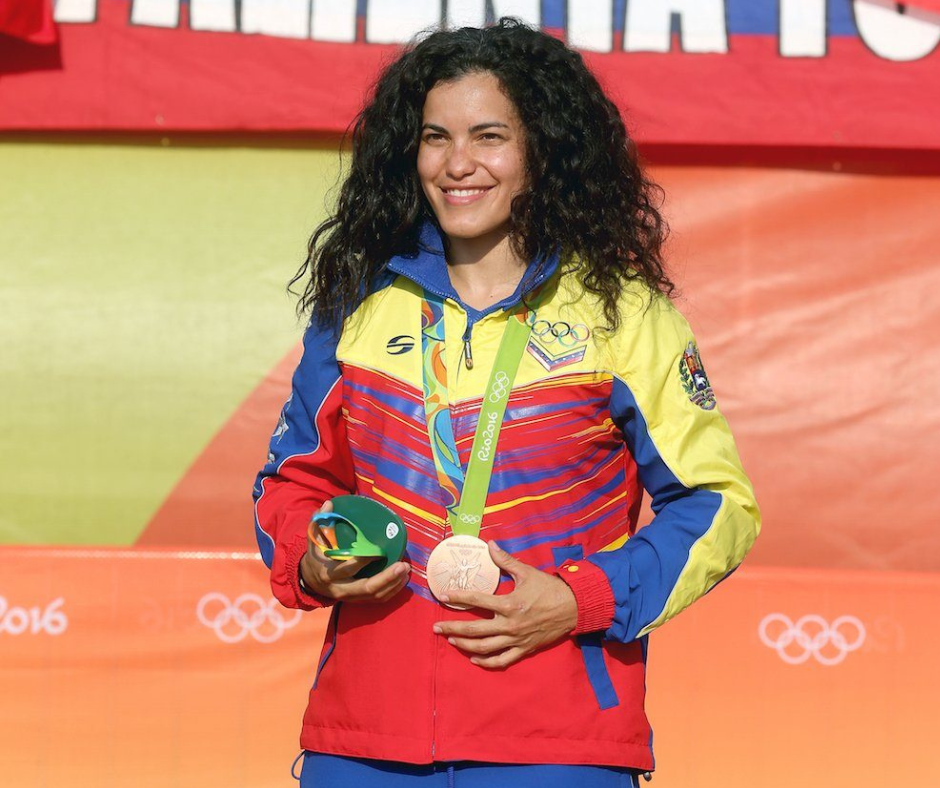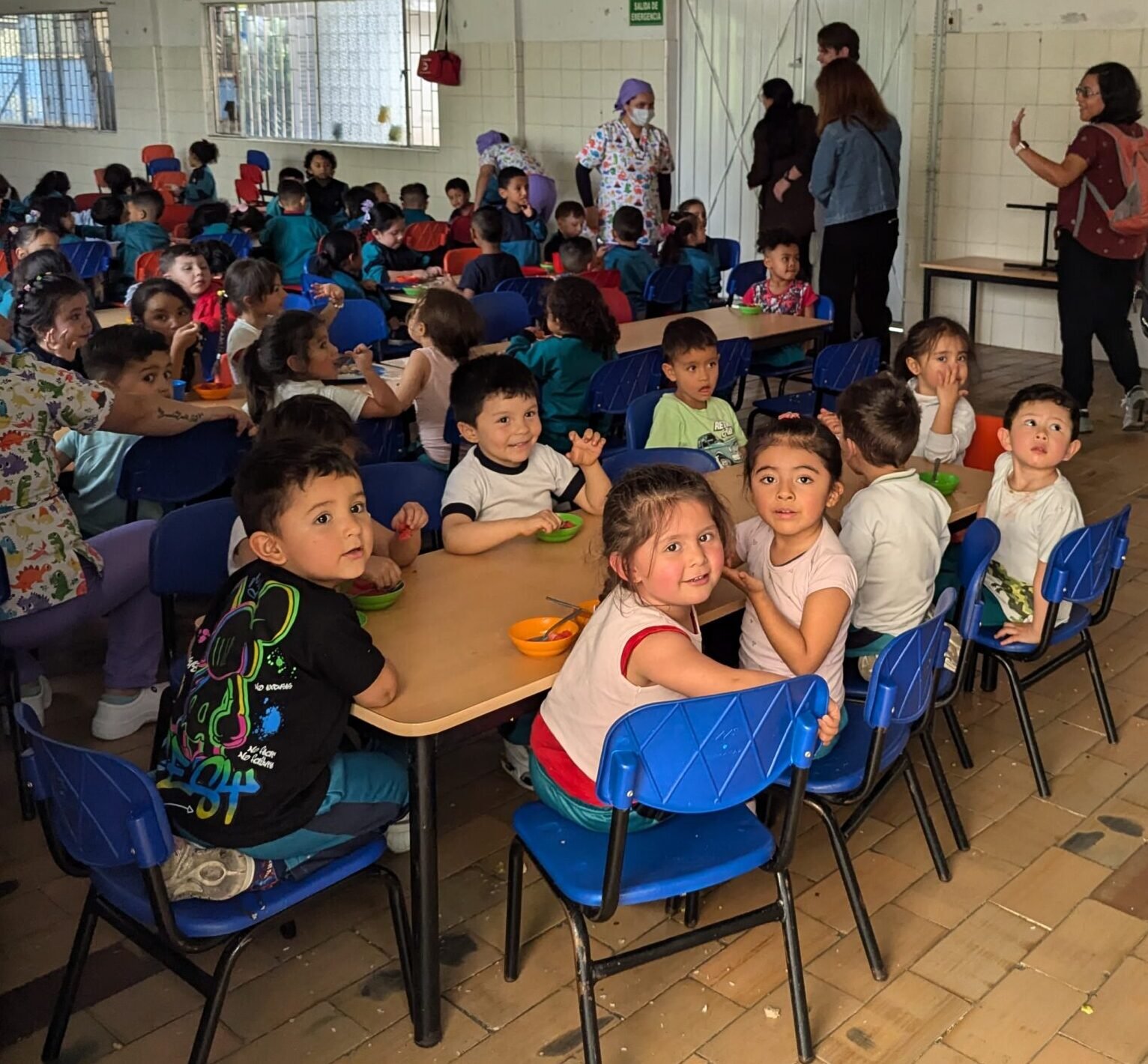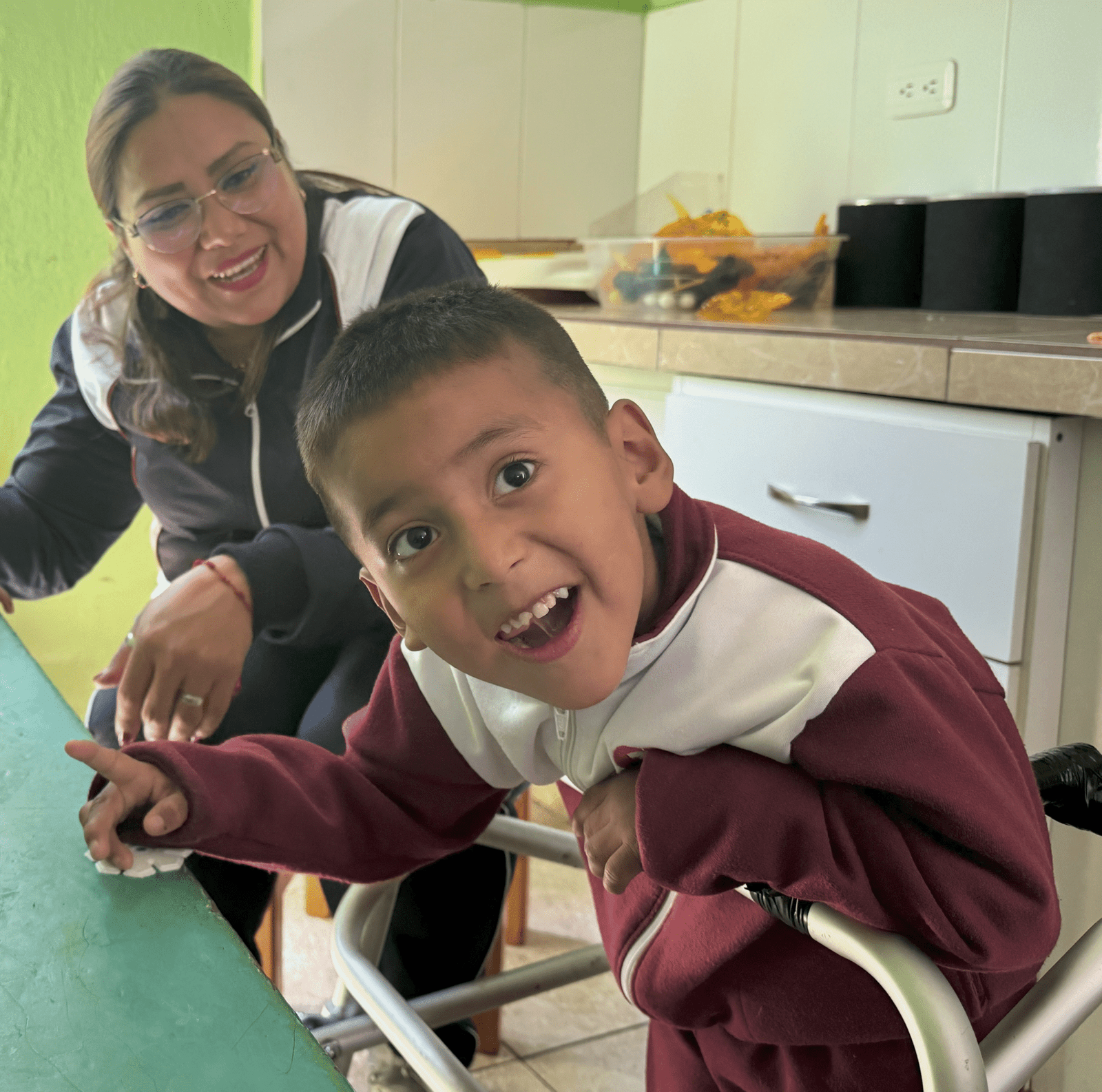Context
Across Latin America, children and youth with disabilities continue to face significant barriers to education. In Peru, only 12.2% of students with disabilities can read and write; in Ecuador, 20% have never received formal schooling. Rural areas face even starker challenges, with limited access to classrooms, inadequate infrastructure, and scarce teacher training.
These gaps not only limit learning, but also restrict employment opportunities later in life. People with disabilities in Latin America experience a 26% lower employment rate than their peers without disabilities. Families often lack the tools and support to advocate for their children’s educational needs, while schools struggle to provide inclusive environments that enable all students to thrive.
Fe y Alegría has long been a leader in expanding educational access for marginalized communities. Through this new initiative in Bolivia, Ecuador, and Peru, the organization seeks to remove barriers, strengthen teacher training, and create pathways to autonomy and employment for children and youth with disabilities—helping them gain the skills and confidence to fully participate in society.
About Fe y Alegría’s Push for Inclusive Education
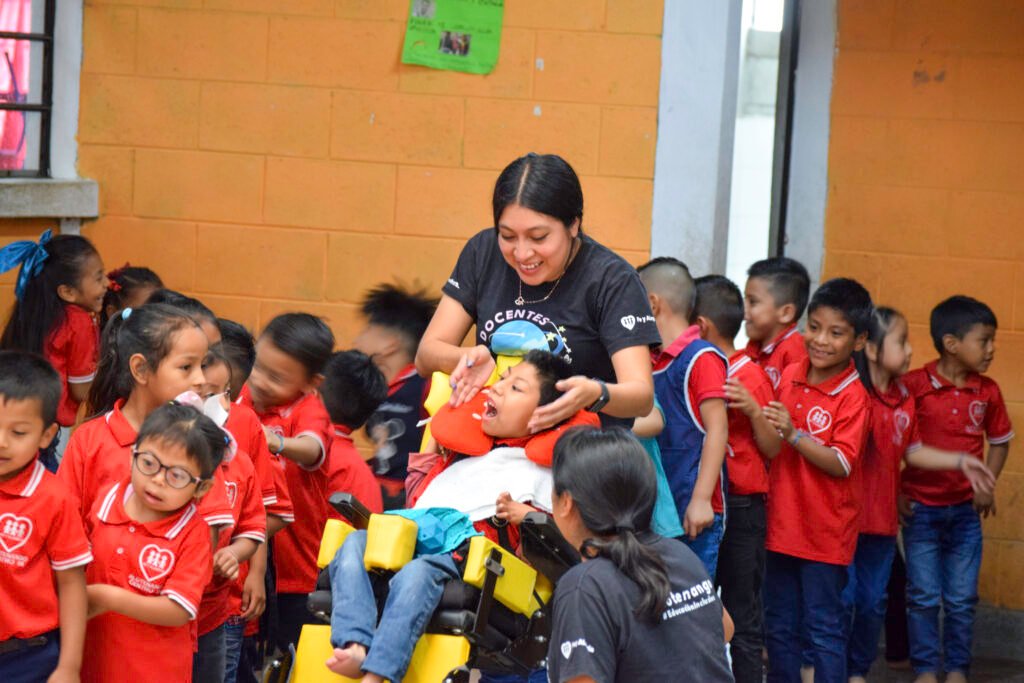
Fe y Alegría was founded to bring education to children living on the margins of society. As Fr. José María Vélaz, S.J. said, “Fe y Alegría begins where the asphalt ends, where the drinking water does not drip, where the city loses its name.” Today, this mission extends beyond physical boundaries to include individuals and communities who remain marginalized despite broader improvements in access to education.
The “Inclusive Education” initiative brings together members of the Fe y Alegría community to advocate and innovate to eliminate barriers and create opportunities. It recognizes that people with disabilities have long been excluded from the full exercise of their basic rights—education, comprehensive health care, family, social inclusion, and meaningful work. Its fundamental objective is to promote programs, projects, and actions that create greater opportunities for students with disabilities.
As Carmiña De la Cruz, leader of Fe y Alegría’s Inclusive Education Initiative, explained in a recent interview: “Eliminating barriers, creating opportunities—that is our guiding motto. We are here to generate conditions where people with disabilities can develop their abilities. They have dreams and potential like everyone else, and it’s our role to help them realize it.”
Our Project
Fe y Alegría is advancing inclusive education throughout the 22 countries where they are present. From educational centers which have developed tried and true approaches to including students with learning of physical disabilities into the classroom to advocating for more inclusive societies more broadly, Fe y Alegría is becoming a reference for inclusivity in Latin America and beyond. With them, we are committed to ensuring that no student is left behind, providing access to quality, inclusive education for all.
In Bolivia, Ecuador, and Peru, Fe y Alegría is advancing inclusive education by providing access to quality schooling and implementing the Universal Design for Learning (UDL) approach. This model adapts teaching methods and resources to meet diverse student needs, creating safe, participatory environments that encourage learning, personal development, and full social integration.
Building on four years of experience with the “Educar es Incluir” (“To Educate is to Include”) program, this new phase deepens the impact by increasing the level of inclusivity in educational centers and improving the employability and entrepreneurial skills of students with disabilities across multiple centers. Fe y Alegría Bolivia, Fe y Alegría Ecuador, and Fe y Alegría Perú are implementing this project, each with more than 50 years of experience delivering quality education to marginalized communities.
In these countries, Fe y Alegría maintains long-standing partnerships with national Ministries of Education, ensuring government support and the funding of teaching staff within the Fe y Alegría school network. Each country has established special education and inclusive education centers, further reinforcing its commitment and expertise in inclusive education. This institutional knowledge and backing provide a solid foundation for this initiative and ensure continuity as we expand our approach to inclusive education.
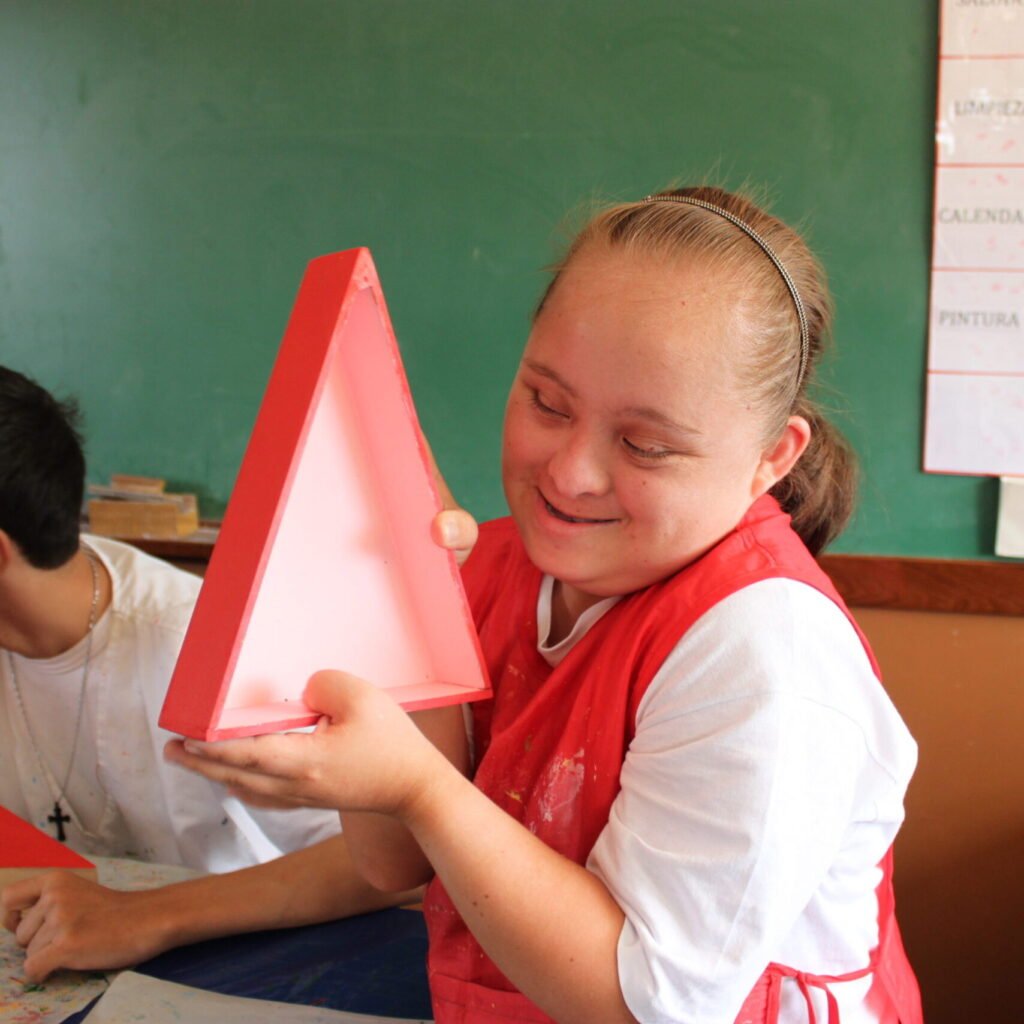
By the Numbers
While the full long-term impact of this project is not easy to quantify, our team has estimated the following beneficiaries based on the scope and target population for this phase of the initiative.
- Direct participants: 6,388 children and youth; 344 teachers
- Indirect participants: 8,391 people (Families, academic community, friends and social networks, etc.)
- Educational centers involved: 15 total (Bolivia – 5, Ecuador – 2, Peru – 8)
How It Works
Guided by its dream “to ensure that children, young people, and adults with disabilities and learning difficulties can develop essential life and work skills,” the project advances inclusive education on four interconnected fronts:
- Improving Teacher and Family Formation: Training educators and families to better support students with disabilities, with a focus on early education.
- Expanding Accessibility in Schools: Upgrading infrastructure, equipment, and fostering an educational culture without barriers.
- Strengthening Vocational Training: Developing skills, facilitating internships, and promoting workplace inclusion for students with disabilities.
- Raising Awareness and Public Action: Advocating for the right to inclusive education through campaigns and strategic partnerships.
Together, these actions will strengthen the skills and capacities of children, youth, and adults with disabilities and learning difficulties, ensuring their access to inclusive, quality education and paving the way for autonomy, employability, and lifelong learning.
